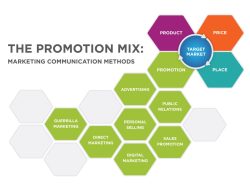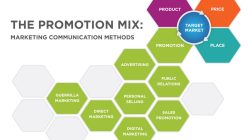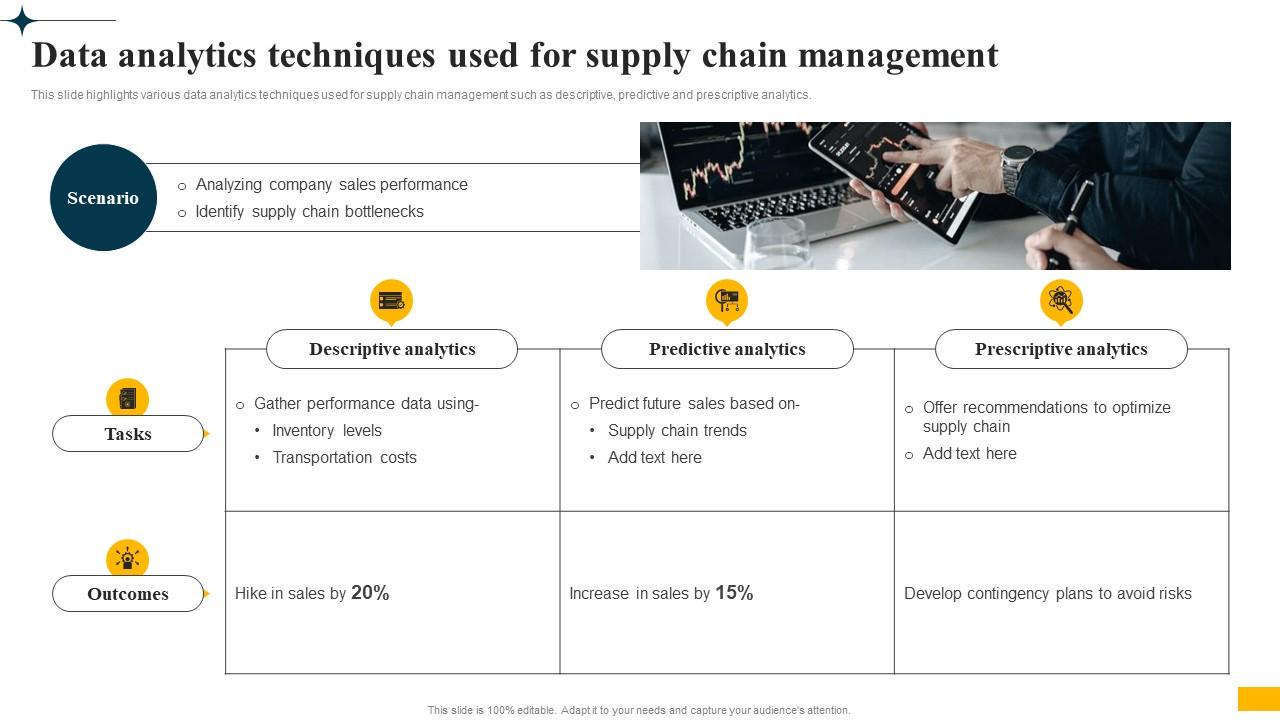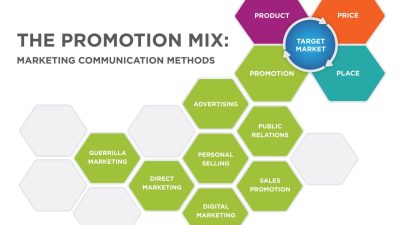How to Optimize Your Shopify Store for Conversions is the cornerstone of elevating your eCommerce success. When it comes to online retail, simply having a store isn’t enough; you need to convert visitors into loyal customers. By understanding user behavior, leveraging design best practices, and implementing proven strategies, your Shopify store can flourish and drive sales like never before.
This guide dives deep into the essential components of conversion optimization, uncovering techniques that can transform your store’s performance. From enhancing user experience to employing strategic marketing tactics, each element plays a vital role in ensuring that your visitors don’t just browse but buy. Let’s embark on this journey to unlock the full potential of your Shopify store.
In a world filled with noise, where countless voices compete for our attention, the ability to persuade effectively stands as a rare gem—an invaluable skill that can transform conversations, negotiations, and even relationships. Whether you’re attempting to convince a friend to watch a movie or negotiating a business deal, understanding the nuances of persuasion can lead to remarkable outcomes.
Understanding Persuasion
At its core, persuasion is the art of influencing someone’s beliefs, attitudes, or behaviors. It is about more than just convincing someone to agree with your point of view; it involves connecting with them on a deeper level, understanding their needs, and appealing to their emotions. The best persuaders are not just articulate speakers but also empathetic listeners who can tailor their messages to resonate with their audience.
The Psychology Behind Persuasion
To become a master of persuasion, one must first understand the psychological principles that underpin it. Renowned psychologist Robert Cialdini identifies six key principles of influence in his groundbreaking book, “Influence: The Psychology of Persuasion.” These principles—reciprocity, commitment, social proof, authority, liking, and scarcity—serve as powerful tools in the hands of anyone looking to persuade effectively.
Reciprocity
The principle of reciprocity is based on the idea that people feel compelled to return favors. By offering something of value—be it information, assistance, or a compliment—you create a sense of indebtedness. This can pave the way for your audience to be more receptive to your requests. For instance, in a negotiation, starting with a small concession can lead the other party to feel inclined to reciprocate with their own concession.
Commitment
Once a person commits to an idea or action, they are more likely to follow through. This principle suggests that the more someone is invested in a decision (even if it’s just verbally agreeing), the more likely they are to act in line with that decision. Encouraging small commitments can lead to larger ones down the line.

Social Proof
People often look to the behavior of others to inform their own actions, especially in uncertain situations. This phenomenon, known as social proof, can be harnessed to your advantage. Sharing testimonials, statistics, or examples of others who have taken a particular action can encourage your audience to follow suit.
Authority
We tend to trust and follow the advice of experts or figures of authority. Establishing your credibility and demonstrating expertise in your field can significantly enhance your persuasive power. This can be achieved through sharing relevant credentials, experiences, and knowledge.
Liking
People are more likely to be persuaded by those they like. Building rapport and finding common ground can make all the difference in your ability to influence others. Smile, show genuine interest in their opinions, and find shared experiences to connect on a personal level.
Scarcity
The principle of scarcity plays on the fear of missing out (FOMO). When something is perceived as being limited in availability, its value increases in the eyes of potential buyers or participants. Highlighting the exclusivity of your offer can drive others to act quickly.
Strategies for Effective Persuasion
Now that you understand the psychology behind persuasion, let’s explore some practical strategies to enhance your persuasive skills in various situations.
Storytelling, How to Optimize Your Shopify Store for Conversions
Humans are naturally drawn to stories. Sharing a compelling story that illustrates your point can create an emotional connection with your audience. Use anecdotes, personal experiences, or case studies to make your message relatable and memorable.
Active Listening
Effective persuasion starts with listening. By genuinely paying attention to your audience’s concerns and feedback, you can tailor your message to address their specific needs. This not only shows respect but also fosters trust, making them more open to your suggestions.
Clear and Concise Communication
In an age of information overload, clarity is key. Craft your messages to be straightforward and to the point. Avoid jargon and unnecessary complexity. A well-structured argument, presented clearly, will resonate more effectively with your audience.
Call to Action
Every persuasive effort should culminate in a clear call to action. What do you want your audience to do after hearing your message? Whether it’s signing up for a newsletter, making a purchase, or simply considering your viewpoint, make your desired action obvious and easy to follow.
Practice Makes Perfect: How To Optimize Your Shopify Store For Conversions
Like any skill, persuasion requires practice. Seek opportunities to refine your persuasive abilities in everyday life. Engage in discussions, participate in debates, or practice your pitch in front of friends or colleagues. The more you hone your skills, the more natural and effective your persuasive techniques will become.
The Ethical Dimension of Persuasion
While learning to persuade effectively, it’s crucial to maintain ethical standards. Persuasion should not be about manipulation or coercion; rather, it should aim to inform, inspire, and empower your audience. Aim for authenticity and honesty in your approach, and strive to create win-win situations where both parties benefit.
Conclusion
The art of persuasion is an essential skill that can profoundly impact various aspects of life. By understanding the psychological principles behind influence, employing effective strategies, and practicing your craft, you can unlock the power of persuasion. Embrace this skill not just to achieve your goals, but to enrich your interactions and foster genuine connections with those around you.















